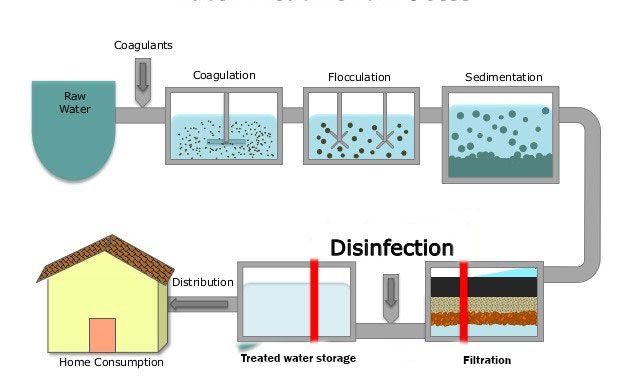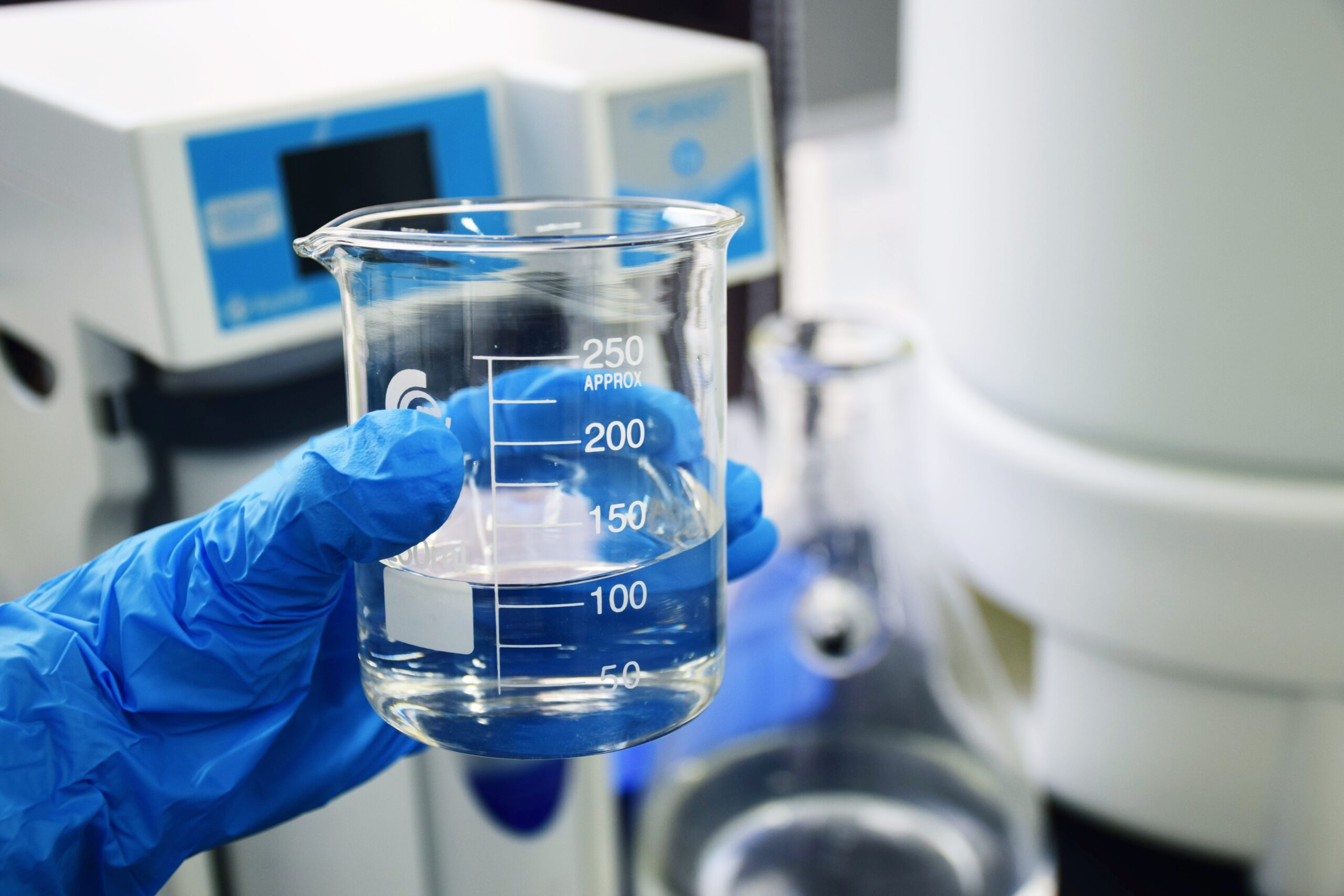Why a Water Filtration System Is Important for Clean, Safe Water
Access to tidy, risk-free water is a basic human right and a cornerstone of public health. A water purification system stands as a crucial option to reduce these risks, making sure that people and communities can access risk-free alcohol consumption water.
Significance of Clean Water
Accessibility to tidy water is a fundamental necessity for human health and well-being. Polluted water can lead to significant wellness problems, including gastrointestinal ailments, cholera, and dysentery, specifically in at risk populaces such as kids and the senior.
Moreover, tidy water is critical for hygiene and health practices, which are important in stopping the spread of infectious diseases. Appropriate water sustains correct sanitation centers, promoting a healthier environment. Additionally, accessibility to secure water influences socioeconomic variables, as it allows communities to take part in commercial and agricultural activities, eventually adding to economic growth.
In lots of regions, the lack of clean water exacerbates destitution and inequality, further impeding development towards sustainable growth goals. Ensuring accessibility to clean water is not just a public health necessary but likewise a keystone for social equity and financial development. Initiatives to improve water top quality and infrastructure have far-reaching advantages, fostering healthier neighborhoods and enhancing lifestyle.

Typical Pollutants in Water
Making certain the availability of clean water is undermined by numerous pollutants that can compromise its security and quality. The existence of virus, such as microorganisms, viruses, and parasites, poses significant wellness threats, especially in areas doing not have sufficient sanitation. These microbes can result in waterborne diseases, resulting in severe disease or perhaps death.
Chemical contaminants also offer a critical problem. Heavy steels, consisting of arsenic, mercury, and lead, usually go into water products with commercial discharges or corroded pipes. These substances can collect in the body with time, leading to long-lasting wellness issues such as neurological damage and developmental conditions.
In addition, farming runoff introduces chemicals and plant foods into water systems, which can interrupt communities and negatively impact human wellness. Nitrates, typically found in fertilizers, can create major problems like methemoglobinemia, particularly in babies.
Benefits of Water Purification Systems
Recognizing the vital need for risk-free alcohol consumption water, water filtration systems use a myriad of benefits that boost public wellness and ecological sustainability. Mainly, these systems effectively get rid of unsafe pollutants, consisting of microorganisms, infections, hefty metals, and chemicals, making sure that the water taken in is without pollutants and microorganisms. This reduction in pollutants significantly decreases the risk of waterborne diseases, advertising overall area wellness.
In addition to wellness benefits, water filtration systems add to ecological sustainability by reducing dependence on bottled water, which typically produces too much plastic waste. By using a filtration system, houses can lower their carbon impact and add to a more sustainable environment. In addition, these systems can enhance the preference and smell of water, making it a lot more tasty for everyday usage.

Various Sorts Of Purification Methods

One common technique is reverse osmosis, which utilizes a semi-permeable membrane layer to different water from liquified impurities and solids. This process properly reduces impurities, consisting of heavy metals and chemicals. Another commonly utilized technique is ultraviolet (UV) sanitation, which utilizes UV light to reduce the effects of bacteria and infections, making them harmless without using chemicals.
Triggered carbon purification is one more prominent method, utilizing carbon to adsorb organic substances, chlorine, and unpleasant odors, improving preference and odor high quality. Purification, a procedure that includes boiling water and condensing go now the steam, successfully go to this web-site gets rid of impurities and minerals however might require even more power compared to other techniques.
Ion exchange is typically made use of to soften water by changing calcium and magnesium ions with salt or potassium ions. Each technique has its benefits and limitations, making it important to recognize their functionalities and effectiveness in dealing with certain water quality problems - Water Purification System. Inevitably, picking the proper purification approach is vital for guaranteeing tidy and safe drinking water
Picking the Right System
Picking an ideal water purification system calls for cautious factor to consider of numerous variables, including the details pollutants present in the water, the volume of water needed, and the desired filtration method. It is vital to carry out a water top quality examination to recognize contaminants such as bacteria, heavy metals, or chemical pollutants. This details will certainly lead you in choosing a system that successfully targets those particular contaminations.
Next, assess your house's everyday water usage to figure out the system's capacity. Solutions are readily available in numerous sizes, from point-of-use filters for alcohol consumption water to whole-house units that detoxify all water entering your home.
Furthermore, take into consideration the filtration technique that best fits your requirements. Reverse osmosis is very effective for getting rid of a wide range of pollutants, while UV filtration is excellent for getting rid of microorganisms.
Verdict
In final thought, the application of water filtration systems is vital for guaranteeing accessibility to tidy and safe water. These systems effectively remove hazardous contaminants, therefore minimizing the risk of waterborne diseases and improving public health and wellness. Moreover, they contribute to environmental sustainability by decreasing dependence on mineral water. By comprehending the importance of tidy water and the advantages of various purification methods, areas can make educated choices to secure their health and wellness and advertise socioeconomic stability.
Recognizing the essential requirement for safe drinking water, water filtration systems use a myriad of benefits that improve public health and environmental sustainability.In addition to health advantages, water filtration systems contribute to environmental sustainability by decreasing dependence on bottled water, which often creates excessive plastic waste. Inevitably, the adoption of water filtration systems is an aggressive step towards guaranteeing tidy, risk-free water for future generations while safeguarding public wellness and the environment.
Choosing a proper water purification system calls for mindful factor to consider of various variables, consisting of the particular pollutants present in the water supply, the quantity of water required, and the preferred filtration this hyperlink approach.In conclusion, the application of water filtration systems is important for guaranteeing access to risk-free and clean water.